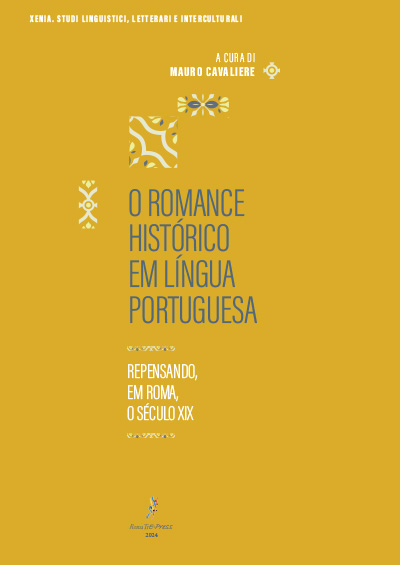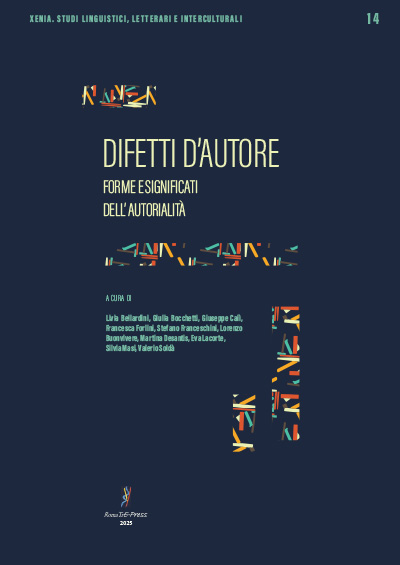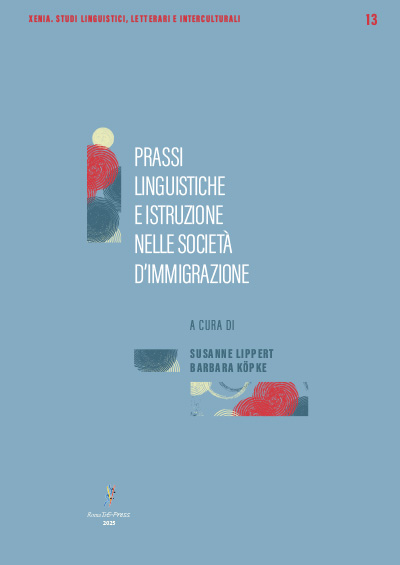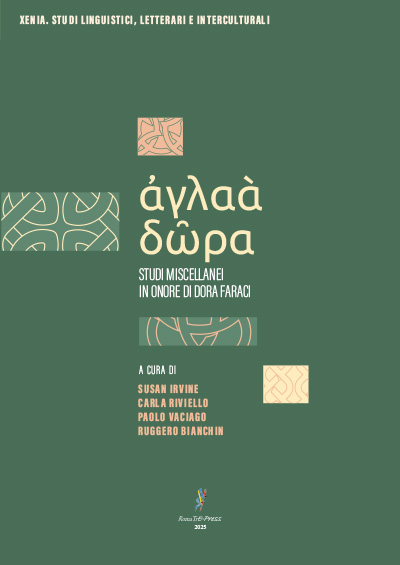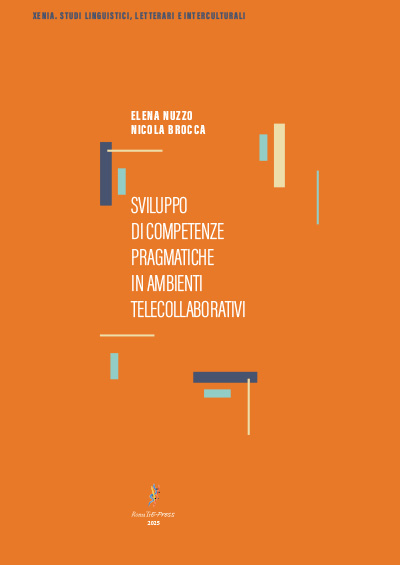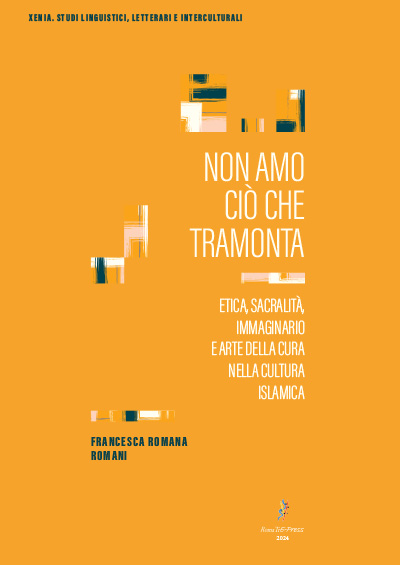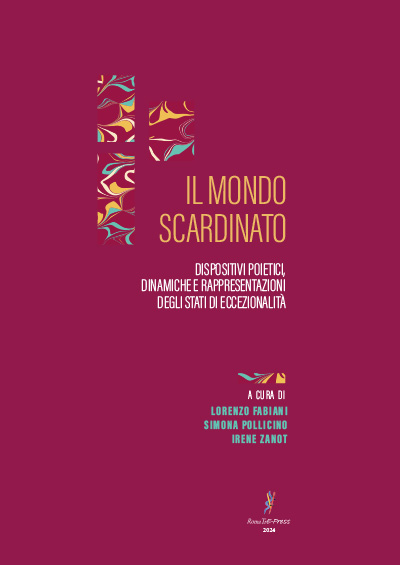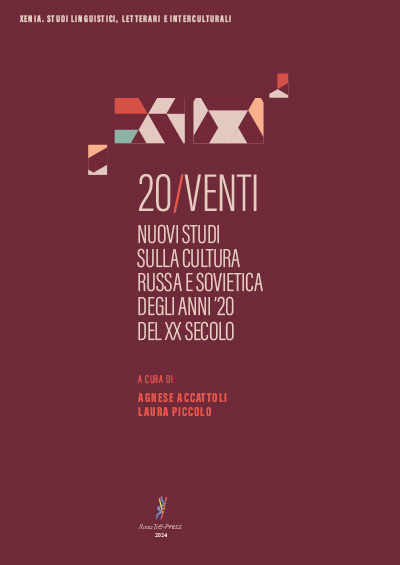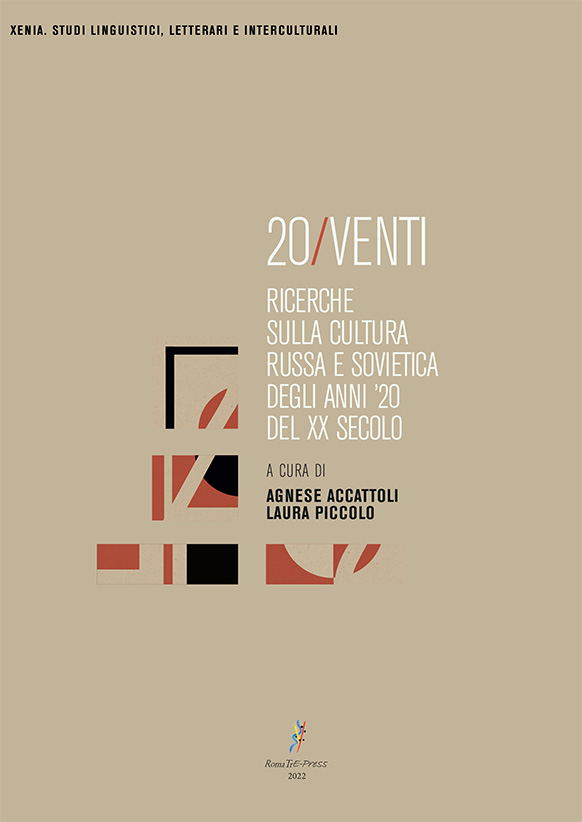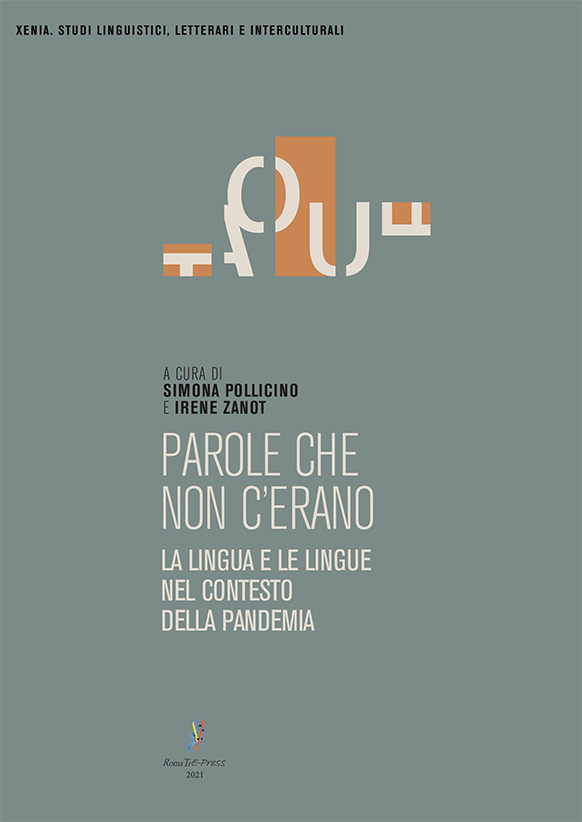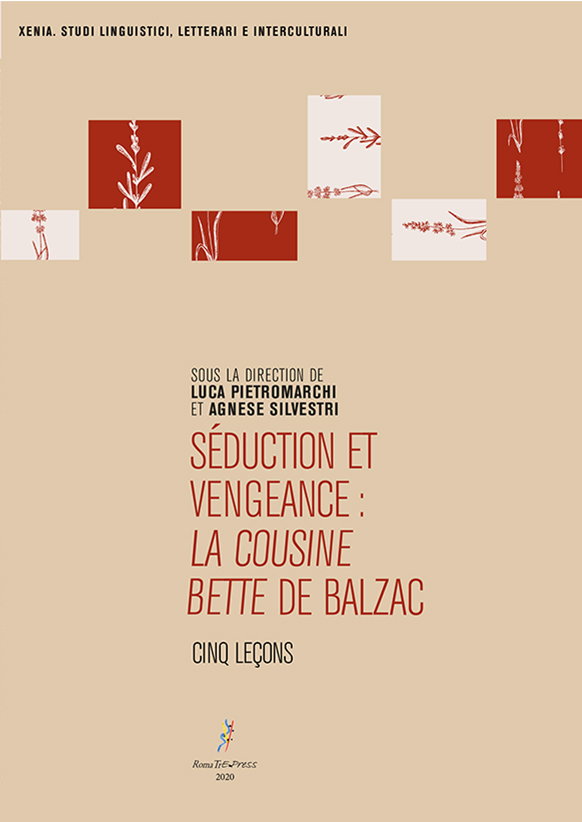Abstract

Quarto di una serie di convegni tenutisi precedentemente presso sedi universitarie brasiliane, portoghesi e francesi, questo volume riunisce i contributi del convegno svoltosi presso l’Università Roma Tre nel dicembre del 2021. Così come negli altri tre convegni, il tema trattato è stato il romanzo storico ottocentesco di lingua portoghese. Il proposito di questa iniziativa, che nell’arco di quattro anni ha mobilitato un numero considerevole di ricercatori, era mettere a fuoco la produzione romanzesca portoghese e brasiliana sottolineando, in primo luogo, come la produzione di romanzi storici in una zona periferica si discosti dal modello proposto in lingua inglese e francese. In secondo luogo, i convegni sono stati motivati dall’esigenza di ripensare un genere letterario un po’ trascurato da un’imponente produzione critico-teorica orientata, piuttosto, intorno alla produzione di romanzi storici post-moderni. Nonostante i grandi meriti di questa produzione, il risultato è stato affrontare lo studio del romanzo storico romantico in modo un po’ convenzionale – e in alcuni casi addirittura superficiale visto che spesso le considerazioni sul romanzo storico romantico erano basate su testi di seconda mano. In particolare, in questo volume, vengono affrontati temi come la rivisitazione di scrittori portoghesi ottocenteschi, la visione della colonizzazione del Brasile in autori portoghesi, il trattamento indiretto di tematiche del presente (dell’autore) attraverso la lettura di conflitti passati nonché autori o opere poco noti ma di grande originalità. Dal punto di vista di un approccio più legato al genere letterario e le sue strutture formali, alcuni lavori esaminano il rapporto tra tragedia e romanzo storico, saga familiare e romanzo storico nonché il patto di lettura proposto dal romanzo storico ottocentesco. Infine, con uno sguardo sulla contemporaneità, il volume viene arricchito da uno studio sulla produzione attuale di romanzi storici in Portogallo.

Fourth in a series of conferences previously held at Brazilian, Portuguese and French universities, this volume brings together the contributions of the conference held at the Università Roma Tre in December 2021. As in the other three conferences, the theme was the Portuguese-language historical novel of the 19th century. The purpose of this initiative, which mobilized a considerable number of researchers over a period of four years, was to focus on Portuguese and Brazilian novel production, emphasizing, firstly, how the production of historical novels in a peripheral area differs from the model proposed in English and French literature. Secondly, the conferences were motivated by the need to rethink a literary genre somewhat neglected by an impressive critical-theoretical production oriented, rather, around the production of post-modern historical novels. Despite the great merits of this production, the result has been to approach the study of the romantic historical novel in a somewhat conventional - and in some cases even superficial, since the considerations on the historical romantic novel were often based on second-hand texts. This volume deals with topics such as the view of the colonization of Brazil in Portuguese 19th century writers, the indirect treatment of issues of the present through the reading of past conflicts, as well as little-known but highly original authors or works. In terms of an approach more related to the formal structures of the literary genre, some works examine the relationship between tragedy & the historical novel, family novel & the historical novel, as well as the narrative pact proposed by the 19th century historical novel. Finally, with a look at the contemporary production, the volume is enriched by a study on the current production of historical novels in Portugal.

